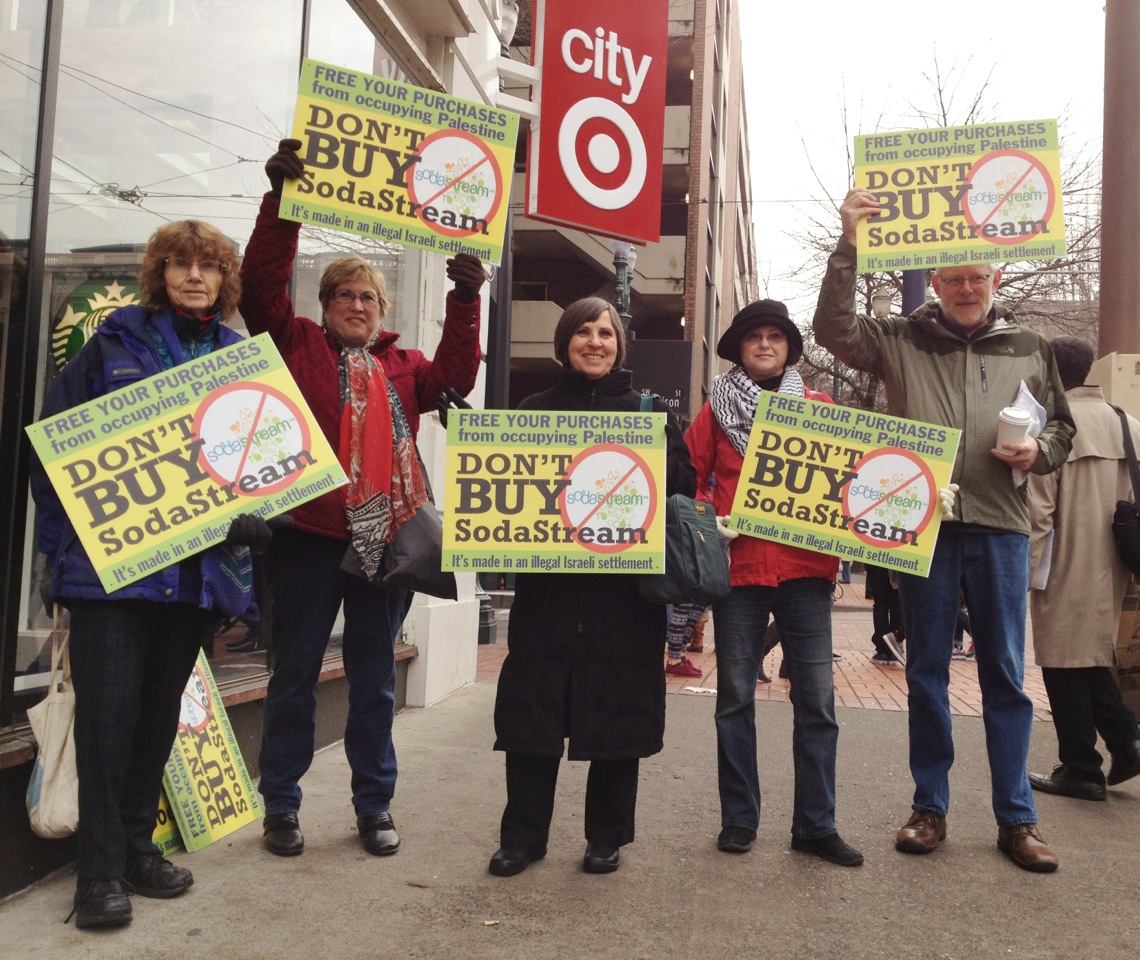-
Details
-
Written by Oxfam, Mercy Corps, MTI, and World Vision Oxfam, Mercy Corps, MTI, and World Vision
-
Published: 06 November 2013 06 November 2013
Here are several links to organizations helping Syrians face this terrible crisis
Mercy Corps: http://www.mercycorps.org/articles/jordan-lebanon-syria/quick-facts-what-you-need-know-about-syrian-refugee-crisis
Oxfam: http://www.oxfam.org/en/emergencies/syria-crisis
Medical Teams International: http://www.medicalteams.org/donate/syrian-refugees-relief
World Vision: http://www.worldvision.org/news-stories-videos/faqs-war-syria-children-and-refugee-crisis
This from Oxfam:
More than two million refugees have now fled violence in Syria and are in desperate need of shelter, food and water. Over half of them are children.
The scale of the Syria crisis is rapidly deepening, particularly as winter approaches, leaving relief agencies overstretched and struggling to cope with massive numbers of refugees, who are often living in inadequate shelter in neighboring countries.
We've reached more than 220,000 people with aid. Any donation, no matter how small, will help us support more families caught up in this crisis.
The scale of the Syrian crisis
Fighting continues to escalate across northern Syria and its western border. With growing numbers of people fleeing the conflict in Syria, the situation has become critical. Aid agencies and host countries have almost reached their capacity to cope with recent surges.
The UN estimates that almost 7 million Syrians inside of Syria are in need of assistance, including 4.25 million internally displaced.
Thousands continue to flee Syria daily.
The total number of refugees in neighboring countries is now more than 2.1 million.
It is estimated that the population of Lebanon has increased by more than 10% and the population of Jordan by 6%. This is putting extreme pressure on local infrastructure.
Additionally, according to the UN refugee agency, UNHCR, the majority of Syrian refugees in Jordan live in urban areas, outside of formal camp settings. This makes it harder for them to access vital help.

